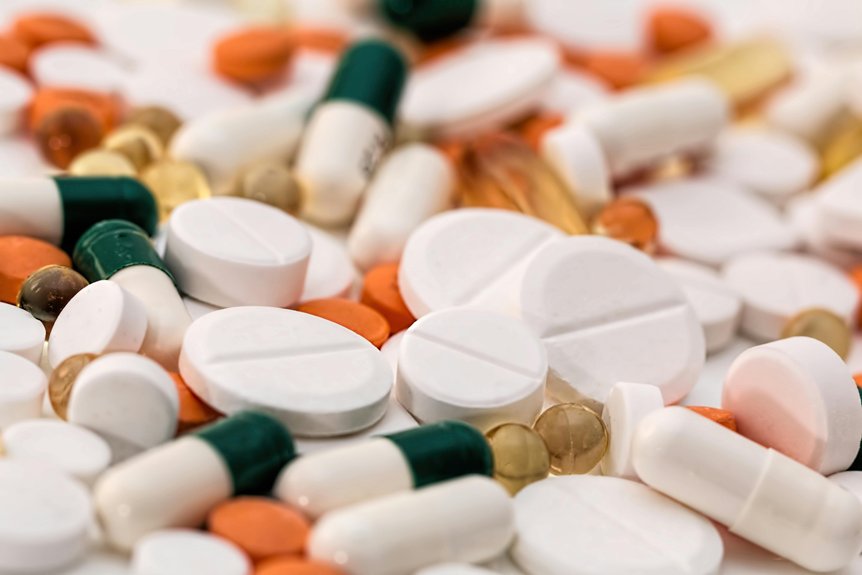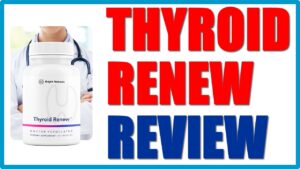
After taking antibiotics, your gut health can take a hit, leaving you feeling off balance. It’s vital to understand the steps you can take to restore your digestive system. From incorporating probiotics to managing stress, there’s an all-encompassing approach to healing. Wondering what specific foods and practices can make a difference? Let’s explore the essential strategies to help you regain your gut health effectively.
Understanding the Impact of Antibiotics on Gut Health
When you take antibiotics, they don’t just target harmful bacteria; they can also disrupt the balance of good bacteria in your gut. This imbalance can lead to digestive issues, such as diarrhea, bloating, or gas.
Your gut microbiome plays an essential role in digestion, immunity, and overall health, so it’s important to support it after antibiotic use. You might experience fatigue or mood changes too, as gut health is closely linked to mental well-being. To help restore balance, consider incorporating probiotics and prebiotics into your diet. Foods like yogurt, kefir, and fiber-rich fruits can promote the growth of beneficial bacteria. Additionally, supplements like Dr. Gundry MCT Wellness can provide energy and enhance metabolism, further supporting gut health during recovery.
Staying hydrated and maintaining a balanced diet will further support your gut’s recovery and help you feel your best again.
Signs Your Gut Needs Repair
Your gut can send you clear signals when it’s in need of repair. If you’re experiencing bloating, gas, or abdominal discomfort, it’s a sign that something’s off.
You might also notice changes in your bowel habits, like diarrhea or constipation, which can indicate an imbalance. Chronic fatigue or mood swings can stem from gut issues too, as your gut health directly affects your overall well-being.
Skin problems, such as eczema or frequent breakouts, may also signal an unhealthy gut.
Finally, if you find yourself frequently catching colds or feeling unwell, your gut microbiome might need some attention.
Paying attention to these signs is essential in understanding your gut’s health and taking the necessary steps for repair.
The Importance of Probiotics
Probiotics play an essential role in restoring gut health, especially after a course of antibiotics. These beneficial bacteria help replenish the microbiome, which antibiotics may disrupt.
By reintroducing probiotics, you can improve digestion, enhance nutrient absorption, and even boost your immune system. You’ll find probiotics in fermented foods like yogurt, kefir, and sauerkraut, or as dietary supplements.
When choosing a probiotic, look for strains like Lactobacillus and Bifidobacterium, known for their effectiveness. Start by incorporating these into your meals daily.
This simple addition can greatly impact your gut health and overall well-being. Remember, consistency is key—give your body time to adjust and flourish with these friendly microbes! Your gut will thank you for it.
Incorporating Prebiotic Foods
While probiotics help replenish beneficial bacteria, incorporating prebiotic foods into your diet is equally essential for gut health.
Prebiotics are non-digestible fibers that feed your good gut bacteria, promoting their growth and activity. You can start by adding foods like bananas, onions, garlic, leeks, and asparagus to your meals. These ingredients not only enhance flavor but also bolster your digestive system.
Additionally, consider including whole grains, such as oats and barley, which are excellent sources of prebiotics. Aim to incorporate a variety of these foods daily to support a diverse gut microbiome.
Staying Hydrated for Digestive Health
Staying properly hydrated is essential for maintaining digestive health, especially after a course of antibiotics. When you’re well-hydrated, your body efficiently flushes out toxins and helps maintain healthy gut function.
Aim for at least eight 8-ounce glasses of water daily, but listen to your body’s needs. Incorporate hydrating foods like cucumbers, oranges, and soups to boost your intake. Herbal teas can also provide hydration while offering soothing properties.
Avoid excessive caffeine and sugary drinks, as they can lead to dehydration. If you’re exercising or in hot weather, increase your water intake accordingly.
Avoiding Processed Foods
To support your gut health after antibiotics, it’s essential to steer clear of processed foods. These items often contain unhealthy additives, preservatives, and sugars that can disrupt your gut flora.
Instead, focus on whole foods like fruits, vegetables, lean proteins, and whole grains. By choosing fresh, unprocessed ingredients, you nourish your body and encourage the growth of beneficial bacteria.
When shopping, read labels carefully; if you can’t pronounce an ingredient, it’s best to avoid it.
Meal prepping can also help you stick to whole foods, making it easier to resist the temptation of quick, processed options.
The Role of Fermented Foods
How can fermented foods enhance your gut health after antibiotics? Incorporating fermented foods into your diet can greatly boost your gut flora.
These foods, like yogurt, kefir, sauerkraut, and kimchi, are packed with probiotics—beneficial bacteria that help restore balance in your digestive system. After antibiotics, your gut may be depleted of these important microorganisms, leading to digestive issues.
By consuming fermented foods, you’re introducing live cultures that can help repopulate your gut. Additionally, they improve nutrient absorption, enhance digestion, and may even boost your immune system.
Start by adding a small serving of fermented foods to your meals daily and gradually increase as your gut adjusts. This simple change can make a big difference in your gut recovery journey!
Managing Stress for Gut Recovery
While it mightn’t be the first thing that comes to mind when considering gut health, managing stress is essential for your recovery after antibiotics.
Stress can disrupt your gut microbiome, making it harder for beneficial bacteria to thrive. To reduce stress, try incorporating mindfulness practices like meditation or deep breathing exercises into your daily routine.
Regular physical activity, even a brisk walk, can also help lower stress levels. Don’t underestimate the power of sleep—aim for seven to nine hours each night.
Connecting with friends or family can provide emotional support and lift your spirits. By actively managing stress, you’re not just boosting your mental well-being; you’re also giving your gut the best chance to heal and flourish post-antibiotics.
Consulting a Healthcare Professional
After taking steps to manage stress, it’s important to contemplate the role of a healthcare professional in your gut recovery journey.
Consulting with a doctor or a registered dietitian can provide tailored advice that suits your unique needs. They can recommend specific probiotics or dietary changes to help restore your gut flora.
You might also discuss any lingering symptoms you’re experiencing, like bloating or digestive discomfort. A healthcare provider can run tests to identify any underlying issues and guide you through the healing process.
Remember, your gut health is interconnected with overall wellness, so getting professional support can make a significant difference.
Don’t hesitate to reach out; your gut—and your body—will thank you!






